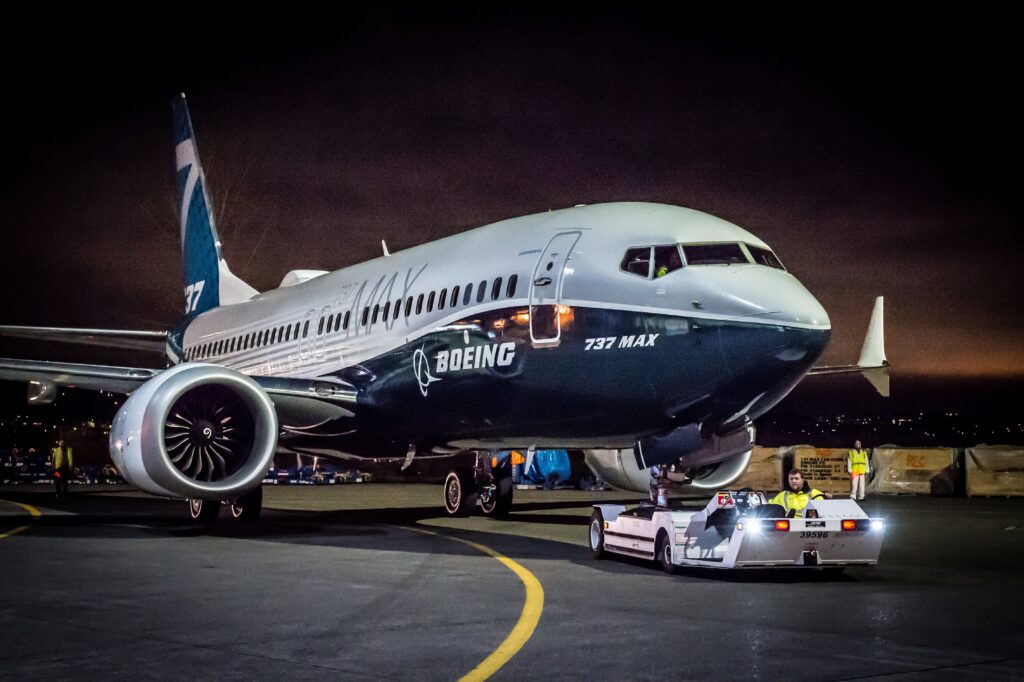(The Center Square) – Boeing is now one step closer to reaching settlements over two fatal plane crashes involving its Max 737 airliner.
The latest development came Wednesday as the company filed court documents in Chicago accepting responsibility for the fatal crash of Ethiopian Airlines Flight 302 in March of 2019. The plane lost control and crashed into an open field about 40 miles outside of Addis Ababa Bole International Airport, killing all 157 people aboard.
Boeing admitted its software on board failed, causing the plane to lose control and plummet.
The agreement does not provide monetary compensation to the families, but allows them to pursue legal action in U.S. courts rather than their home countries. The victims included people of 35 different nationalities.
“This is a significant milestone for the families in their pursuit of justice against Boeing, as it will ensure they are all treated equitably and eligible to recover full damages under Illinois law while creating a pathway for them to proceed to a final resolution whether through settlements or trial,” Robert Clifford, Steven Marks and Justin Green, the lead attorneys representing the families, said in a statement.
The crash in Ethiopia came six months after a Boeing Max 737 crashed in Indonesia, killing 189 people A third Max 737 crashed at Calicut Airport in southern India in August of 2020, killing 21 people, including both pilots, and injuring 75 others. The crash occurred as pilots made a second landing attempt, having aborted their first try due to heavy monsoon-season rainfall.
The flight was operated by SpiceJet, which has now announced it has entered into an agreement with Boeing wherein the company will settle outstanding claims related to the grounding of the Max 737. The Indian government in August lifted a ban on the use of the jet after more than two years.
SpiceJet has since announced an order for 155 Max 737 jets, while Akasa Air, also based in India, ordered 72 of them.
Consumer safety advocate Ralph Nader disagrees with the actions being taken over the Ethiopian crash and filed an amicus curiae brief with the Federal Court for the Eastern District of Illinois.
“Among other things, the Court should inquire into the vast discrepancy between what the Plaintiffs’ Complaint initially sought and the stipulation,” it reads. “The former sought compensatory and punitive damages and a public accounting of Boeing’s unconscionable wrongdoing. The stipulation, in contrast, represents a substantially diminished case presented to the Plaintiffs, including the conspicuous absence of a compensatory damage floor.”
